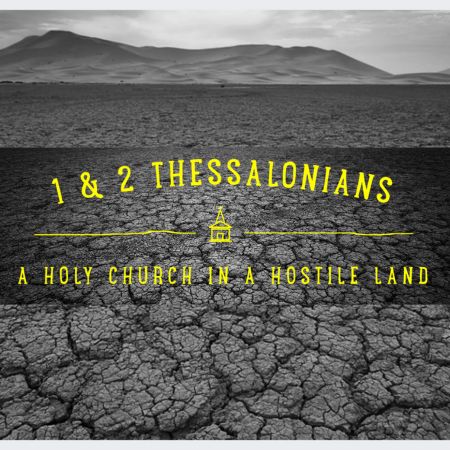Many debate whether we ought to say “Happy Holiday” or “Merry Christmas”, but such a debate misses what is most critical – to know and trust the Christ of Christmas. Matthew helps us know more about Christ and helps us see how we can trust Christ.
Sermons by Will Douglas (Page 4)
As is well known to most, this passage is the genealogy portion of Matthew. But it is more, much more, than just “so and so begat so and so …” Within this rich portion of scripture much is revealed regarding who this child really is and what He is able to do!
Isaiah is quoted quite a bit in the Gospel of Matthew. So, it makes sense to go to this Old Testament prophet first if we are going to spend the bulk of the Advent Season in Matthew. Here in Isaiah 7:13-14 is an old, very, very old pregnancy announcement. Specifically, a pregnancy annoucement of a baby boy who will be King. But Isaiah’s words do more than simply announce the birth of King Jesus.
This message is part 2 looking at the sustained thanksgiving by Paul found in 1 Thessalonians 1 verse 6-10.
This message is part 1 looking at the sustained thanksgiving by Paul found in 1 Thessalonians 1 verse 2-5.
Even though we will look at only one verse today, it is packed with deep theological truth. Paul lays out what a church really is. Certainly, it is what the church at Thessalonica was, but it is also what we ought to be.
This passage helps us understand a bit better why we even have the letters of 1&2 Thessalonians. Paul knew these people, he loved these people, and he ministered to these people. So, he sensed an urgency to write to them not once, but at least twice. Though we won’t get much into the text of 1 Thessalonians until the following week, this week’s message will help give some background to the letter as a whole.
We’ve reached the end of Hosea, and God concludes this book not with judgment but with grace. And that grace comes in the form of an invitation to return to Him. This turning away from false gods to the one, true God is picked up in the New Testament with the idea of repentance.
This week we’re right back in the thick of the mire. The people have once again, as expected perhaps, spurned God’s grace and love as they continue to run back to those gods who give no grace. As hard as it may be to come to this recurring theme of rebellion time and again, it is necessary because we tend to be Good-News-forgetful people. We need to hear the truth that we all are sinners in need of a Savior, and we need to hear it again and again and again.
We know God is love. But what does that mean? It cannot be whatever we want it to be. Or at least it shouldn’t be. Whatever we say it is ought to be whatever He says it is. So, scripture must guide our way in that. As we look at this passage, we look at the way in which God’s love displays itself in action toward these Israelites.




